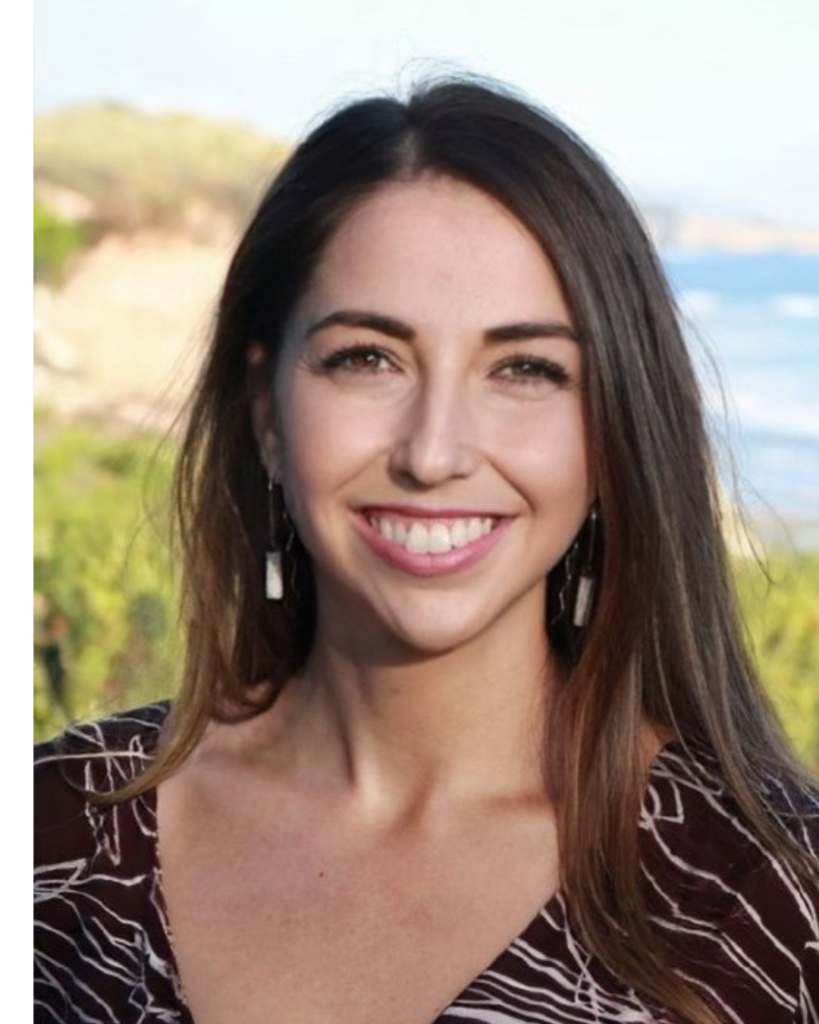Seagrass Cuts Disease in Seaweed Farms: UC Irvine Study Reveals a Natural Way to Boost Aquaculture yields

Irvine, Calif., December 16, 2024 — In a new study published in Proceedings of the National Academy of Sciences, researchers at the UC Irvine Charlie Dunlop School of Biological Sciences have found that seagrass ecosystems can significantly reduce the risk of disease in seaweed farming, offering a sustainable solution to a growing challenge in marine aquaculture. Led by Assistant Professor Joleah Lamb and doctoral students Evan Fiorenza and Claire Freimark, this study sheds light on how nature-based solutions can enhance both the economic and environmental sustainability of seaweed farming — a global industry worth over $13 billion annually.
Seaweed farming, which represents half of global marine and coastal aquaculture, is increasingly threatened by disease outbreaks that can devastate yields. Traditional disease management methods are often costly and ineffective in open marine environments. However, this new research demonstrates that integrating seaweed farming with seagrass ecosystems can reduce disease prevalence by 75%, translating to a potential revenue increase of up to $1 million per square kilometer annually.
“Farmed seaweeds are a cornerstone of the blue economy, with potential applications ranging from plastic alternatives to biofuels and even carbon capture technologies,” said Professor Lamb. “Our study presents the first evidence that coastal seagrass ecosystems can naturally reduce disease risk in farmed seaweed, opening the door to a more resilient and profitable aquaculture industry.”
The research team conducted field studies at farms in Indonesia, where seaweed is often cultivated within or adjacent to seagrass ecosystems. By comparing disease rates in seaweed grown with and without seagrass, they uncovered the remarkable protective effects of this coastal habitat. Meta-analyses of global data further confirmed these findings, identifying suitable environmental conditions for such co-cultivation in 107 countries.
Professor Lamb highlighted the economic and ecological implications of the research. “By harnessing the natural filtration services of seagrass ecosystems, farmers can not only reduce losses from disease but also support biodiversity and mitigate environmental impacts,” she said. “This approach aligns perfectly with global initiatives to promote sustainable development and ocean health.”
The study’s results underscore the urgency of protecting and restoring seagrass meadows, which are declining at an alarming rate of 7% per year due to coastal development and other human activities. As Professor Lamb noted, “Seagrass ecosystems are critical to our planet’s health, providing services such as carbon sequestration, water filtration and coastal protection. Our findings demonstrate that their conservation is not just an environmental imperative but also an economic opportunity.”
This research arrives at a pivotal moment, as international efforts like the UN Decade of Ocean Science and the US National Nature Assessment aim to address the challenges of sustainability and ecosystem resilience. The researchers hope their work will inspire policymakers, conservation planners and the aquaculture industry to adopt integrated farming practices that benefit both people and the planet.
About the University of California, Irvine Charlie Dunlop School of Biological Sciences:
Recognized for its pioneering research and academic excellence, the Charlie Dunlop School of Biological Sciences plays a crucial role in the university’s status among the nation’s top 10 public universities, as ranked by U.S. News & World Report. It offers a broad spectrum of degree programs in the biological sciences, fostering innovation and preparing students for leadership in research, education, medicine and industry. Nestled in a globally acclaimed and economically vibrant community, the school contributes to the university’s impact as Orange County’s largest employer and a significant economic contributor. Through its commitment to exploring life’s complexities, the Dunlop School embodies the UCI legacy of innovation and societal impact. For more on the Charlie Dunlop School of Biological Sciences, visit https://www.bio.uci.edu/.

